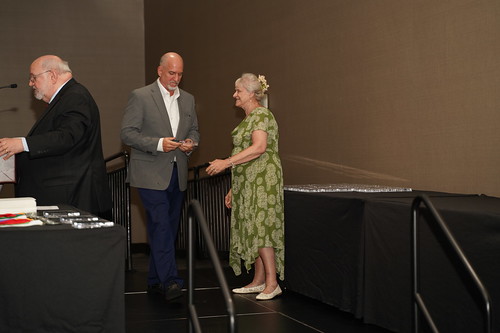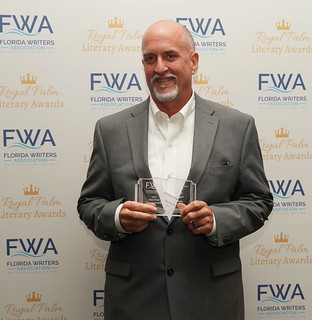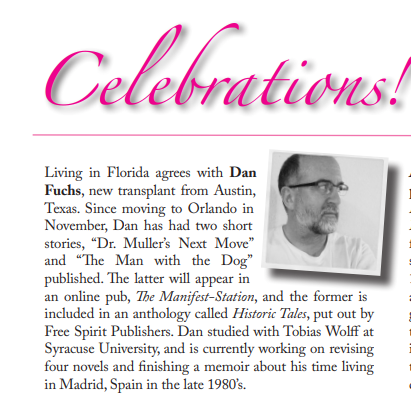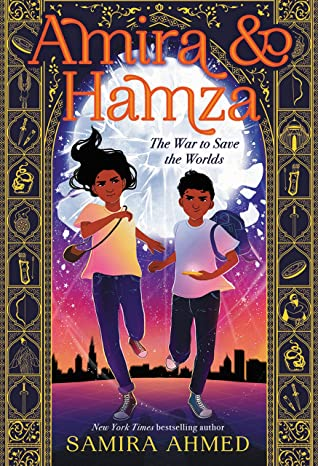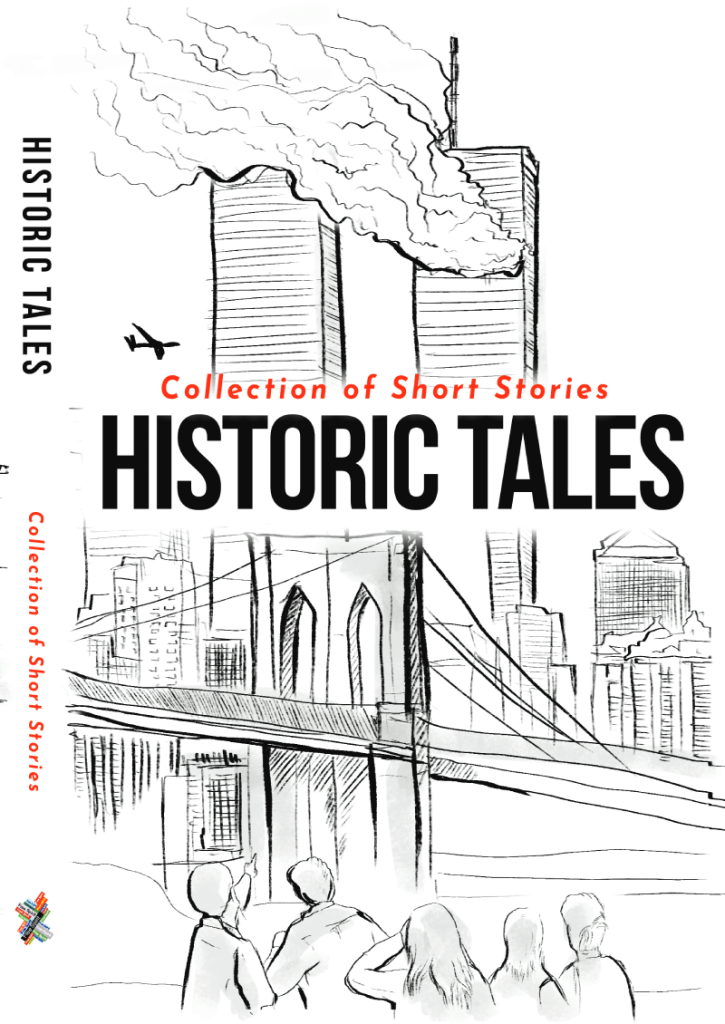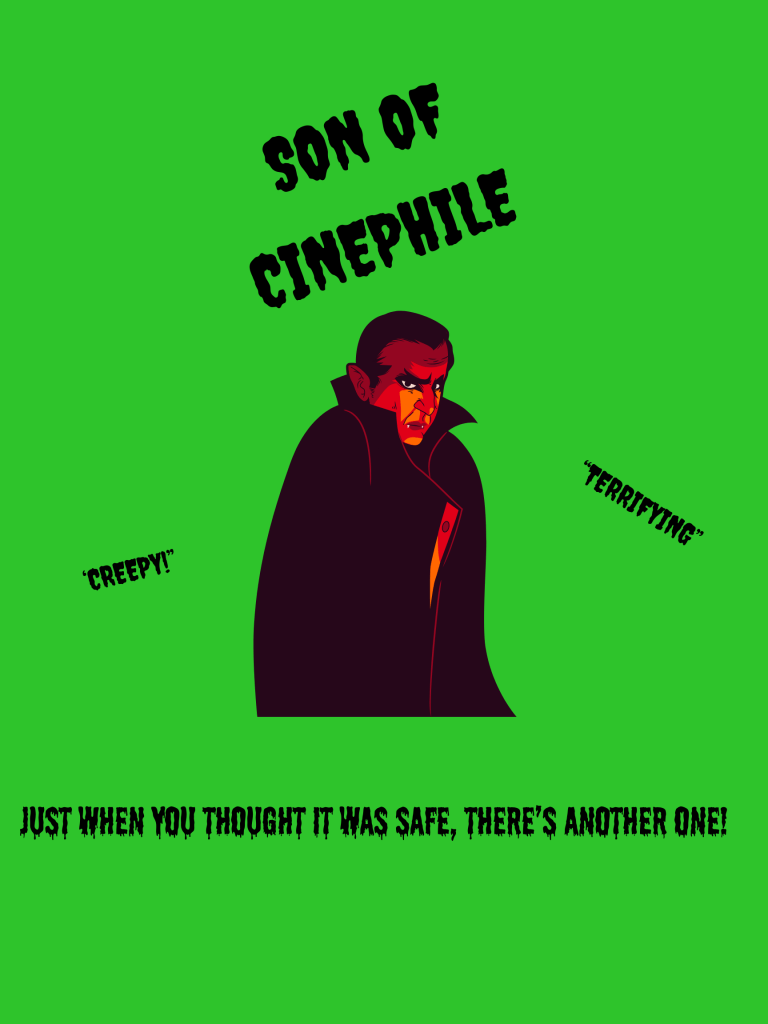
Last night, we had a Family Movie Night and watched Alfred Hitchcock’s “Psycho.” Jackson figured out the “twist” pretty quickly, but everyone was fully in, captivated by Hitch’s direction, and the suspense he ratchets up with every frame. I enjoyed pointing things out to them, even if Jackson, my cinephile “mini-me” is the only one who actually listens when I do. Things like counting the number of “cuts” (pun intended) in the shower scene, or the crazy, under-the-chin shot of Norman Bates chewing his candy as he leans over Marty Balsam to look at the guest register. Or Hitch’s perfunctory cameo, standing on the street corner outside the real estate office where Marion Crane works.
“W movie,” Jackson said at the end, dapping me up. Diego kind of shrugged, his way of acknowledging it, I guessed, and Jenny confirmed that she’d somehow gone her whole life without having seen “Psycho.” Till now, that is.
Diego and Jenny drifted their way upstairs, but Jackson and I remained, talking movies and how Hitchcock influenced filmmaking and filmmakers, and before you know it we were watching the opening of “Rear Window.”
Jackson loved it. We both marveled at the set and sound design — how they were able to turn a Hollywood soundstage into a Greenwich Village courtyard in pre-air conditioning New York.
And the acting! James Stewart is nearly perfect, going from his smug, self-assured pose, to realizing that Lisa is not only up for danger and adventure, but also so important to him that in the climactic moment when he sees her in peril from across the way, his desperation is palpable.
I watched as my son fell in love with Grace Kelly, in all her perfection, just as Stewart’s L.B. Jeffries did, and just as I myself remember doing, at right around the same age my son is now.
He and I didn’t make it upstairs until about one in the morning, but it was worth it. “Looks like we’re gonna have to do a Hitchcock festival,” he said.
“Sounds good to me,” I smiled, tiredly, wondering whether to go high brow (“Vertigo”) or low (“The Birds”) for our next showing.




